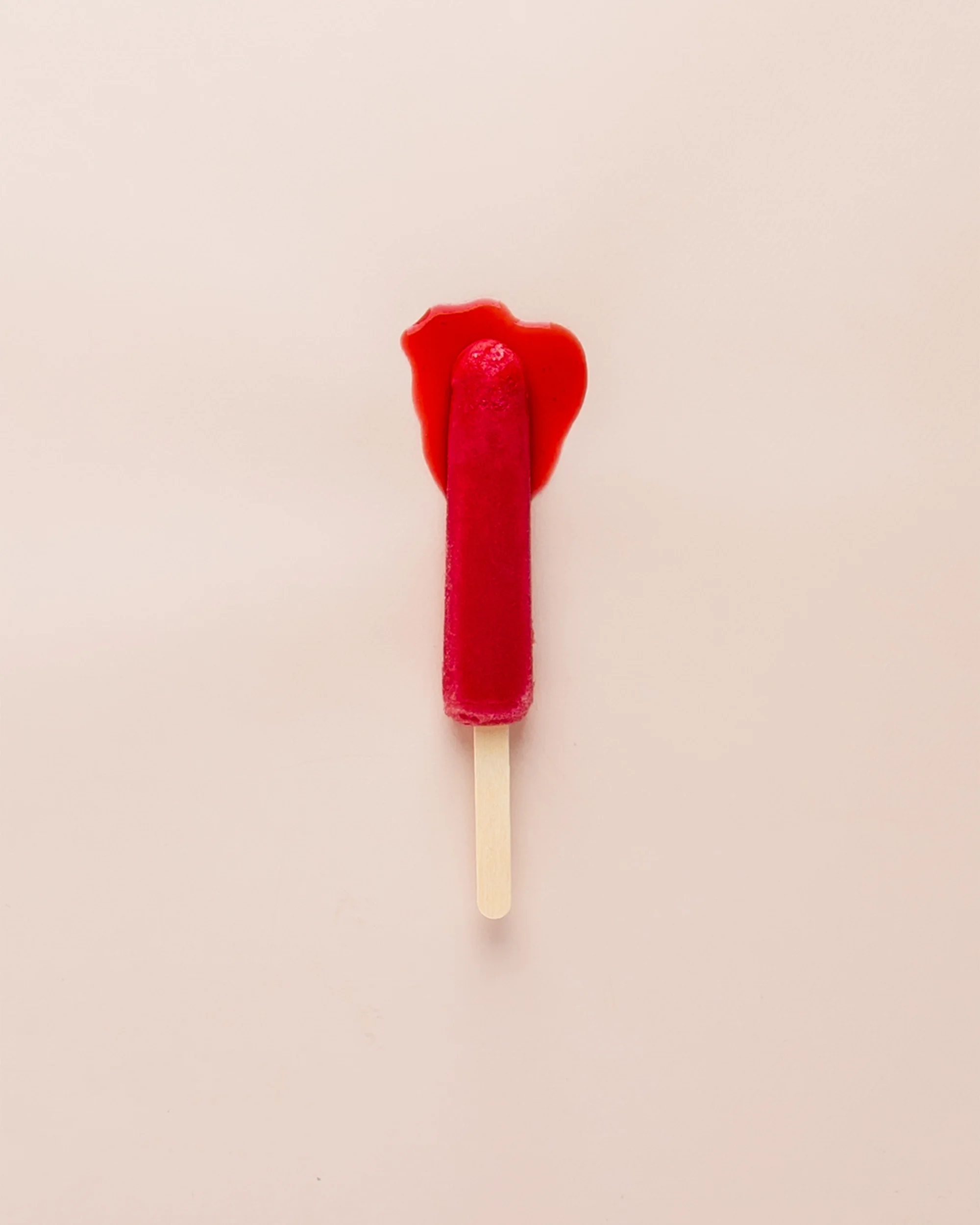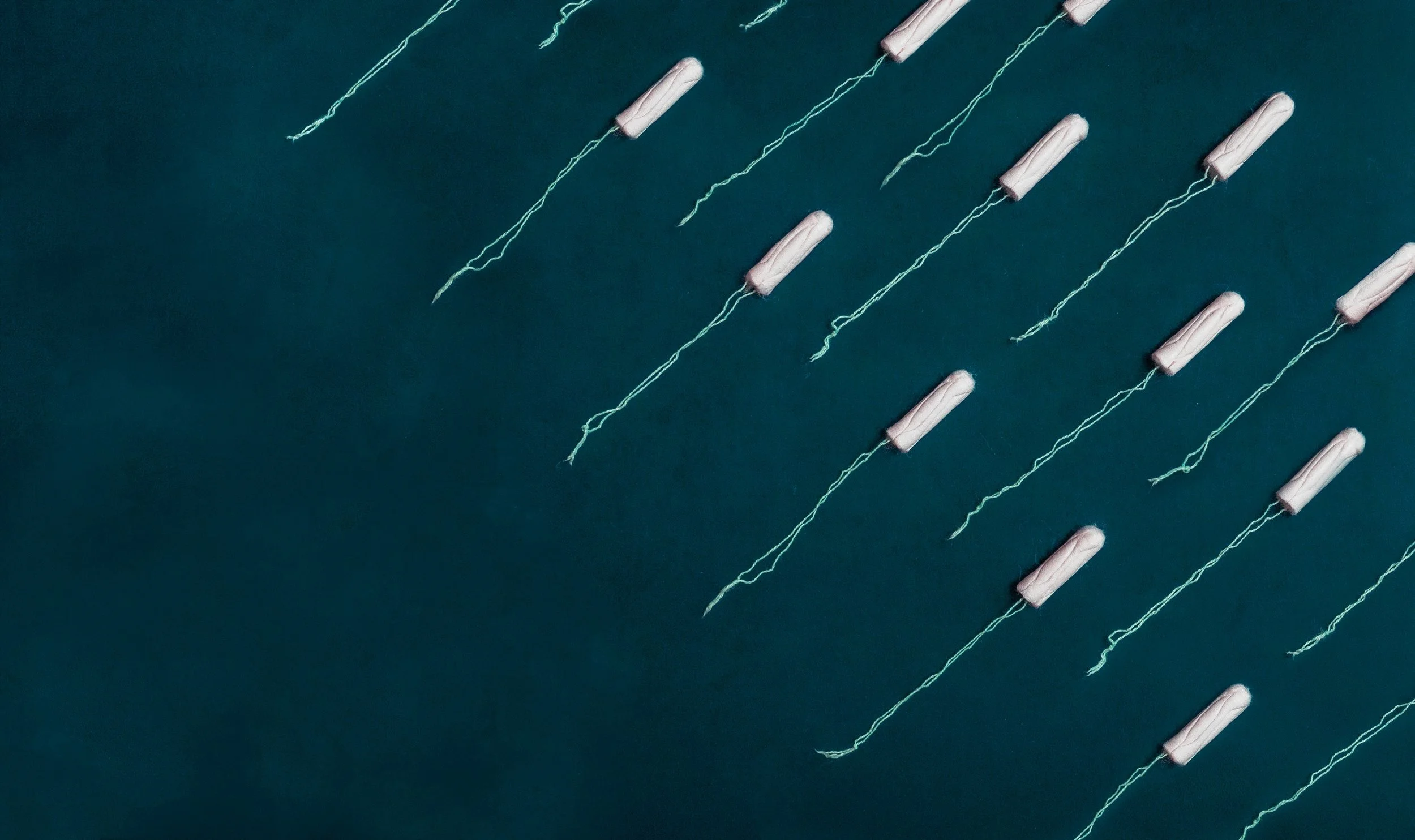The power of periods
Menstruation is a phenomenon that is unique to women with most of us having on average 450 periods in a lifetime. So how do we look on our period as a gift rather than a curse?
In ancient civilisations menstruation was perceived as sacred and women were celebrated for their ability to bleed and not die. During menstruation it was believed that a woman became so powerful that they would often have to be removed from their community. Still today, in many cultures around the world women are segregated during their period. This is because they are seen as untouchable and unclean. They are not allowed to attend places of worship, prepare food or touch certain things while menstruating. Religious beliefs, community rules, local folklore and legends drive these continuing beliefs and behaviours. This segregation and these belief systems making women less powerful and often humiliated in an especially patriarchal society.
There have been some interesting documentaries on BBC Life Stories that have shown women in third world countries including Nepal and rural India where menstruating women are segregated from their community. In Nepal young girls and women while having their period are required to stay in small huts away from their village, no matter the weather conditions and are unable to cook or eat nutritious food. They are also not allowed to wash or drink water from the village supply and can feel isolated without their families. Following this they are cleansed with cows urine and allowed to finally wash. In parts of India while menstruating you are not allowed to prepare food, visit the temple and are banned from touching certain things like plants or a holy book as you may contaminate what you touch with your uncleanliness. Such taboos about menstruation impact negatively on girls’ and womens’ emotional and mental wellbeing as well as their lifestyle and overall health.
In the first world we may not be segregated during our periods but I’m sure many of us have been on the receiving end of derogatory remarks or jokes about our periods. If we happen to show emotion such as anger or stubbornness it can often be attributed to ‘don’t mess with her she’s having her period’. Although our cycle is driven by various hormone surges each month they don’t always result in negative moods and sometimes women can report feelings of calmness, release, creativity, open-mindedness and increased energy during their period.
Each month we can differ on how we feel when menstruating and our diet and lifestyle can have a major impact on this. During the average 3-5 day flow we may feel tired or have afternoon fatigue, sugar cravings, headaches, abdominal cramping, a sore lower back and breast tenderness - just to name a few. Our body is working hard and in return we need to be supporting it with optimal nutrition and hopefully in return lower any negative symptoms. So how do we support our bodies nutritionally, especially at this time of the month?
If you are experiencing very heavy periods which are prolonged each month you may increase your risk of iron deficiency or anaemia. Iron deficiency is usually characterised by pale skin (don’t confuse this with lack of sunshine through winter), weakness and fatigue. Before you go running for iron supplementation consider your diet first. Too much iron can actually be harmful so it is best to get it from food sources alone unless prescribed supplementation by a medical professional. The richest form of iron comes from red meat such as beef and lamb as well as shellfish. You can also increase your iron intake through green leafy veg like kale, spinach and broccoli and other plant based foods such as beans, lentils and chickpeas. Vitamin C assists with iron absorption so if you have some red meat make sure it comes with some fresh greens!
Periods often are associated with pain. Headaches and muscle cramps (painful periods known as dysmenorrhea) are symptoms that many of us experience each month. Rather than reach for the paracetamol you may want to consider increasing essential fatty acids (EFA’s) into your diet. EFA’s are well known for their anti-inflammatory action in the body as they convert hormone-like substances called prostaglandins. These prostaglandins participate in a range of functions including the contraction and relaxation of smooth muscle. When you get painful periods inflammatory prostaglandins are the likely cause so it is important you are eating the right fats that may reduce the cramping. Foods to consider are oily fish such as wild salmon, fresh anchovies, sardines and mackerel. If fish is not your thing you can get EFA’s from plant sources such as linseed (flaxseed), pumpkin seeds, chia, hemp oil, walnuts and even seaweed.
Another source of EFA that can be beneficial to period cramping, irritability and also breast tenderness is Evening Primrose Oil also known in supplement form as GLA. GLA acts as an anti-inflammatory prostaglandin and is a natural way to decrease pain. It can take time to work in the body so if you are someone who suffers from these symptoms each month it is worth giving it ago. I would recommend Jarrow Formulas - Borage GLA-240 which is cold pressed keeping it in its most natural form.
Flaxseed which you can buy as ground or as an oil contain EFAs but also phytoestrogens. Phytoestrogens play a major role in balancing estrogen whether it is too high or too low. This estrogenic effect increases the production of a hormone called sex-hormone binding globulin which effectively binds to excess estrogen. Unbound estrogen may cause havoc and increase symptoms. You can easily include this into your daily diet by adding ground flaxseeds to porridge, smoothies/juices and into healthy muffins.
Magnesium is involved in the production of sex hormones such as estrogen and progesterone. As there is an inter-play between both hormones during our full cycle, magnesium may become depleted if we are not consuming enough dietary sources or supplementing. Magnesium may be very beneficial in improving symptoms such as lower back pain, menstrual cramps, headaches and reducing sugar cravings. Foods to increase are green leafy vegetables, almonds, dark chocolate (80%+ cocoa) and mineral water. If you really suffer from these symptoms during your period it may be worth taking a magnesium supplement. Choose magnesium glycinate or bis-glycinate as this form absorbs well into the body.
Sugar cravings often go hand in hand with your menstrual cycle and many of us find ourselves reaching for the chocolate bar during our period. However, it’s important to eat a nutrient-rich diet throughout the month and keep blood-sugar levels balanced. You can do this by focusing your intake on vegetables and lean protein throughout the day. When you eat fruit try to eat some protein with it such as nuts or seeds to ensure sugar is absorbed slowly into the body. This in return should give you more energy and less cravings during you period. If cravings persist try to replace processed foods with naturally sweet foods such as medjool dates, a teaspoon of natural honey, a piece of dark chocolate or sip on a naturally sweet tea such as Teapigs Liquorice and Peppermint.
Although these foods and nutrients above may be particularly beneficial during your period, it is vital that during your full menstrual cycle you make every calorie count by including a variety of naturally nutrient rich foods into your daily diet. So go and enjoy food and be proud of your period!
Photography - Erol Ahmed , Carolyn V and Oriento








